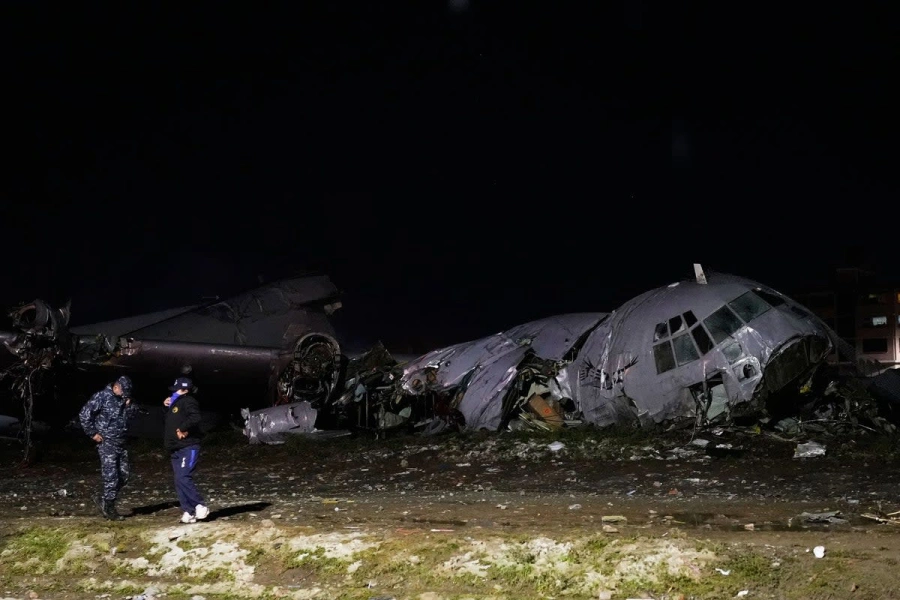No respite for migrant workers from visiting Kathmandu to acquire work permit
KATHMANDU, Dec 22: Following a decision to provide work permit and re-entry work permit to Nepali migrant workers from provinces and destination countries, officials at the Ministry of Labor, Employment and Social Security were optimistic that the move would help address one of the major problems faced by Nepali migrant workers. But, the implementation of the decision taken nearly 10 months ago is still uncertain.
Revising its regulation 10 months ago, the government had decided to allow issuing new work permits and re-entry permits from provincial level units and Nepali missions in the destination countries. The move was followed by widespread complaints from migrant workers about hassles of visiting the Department of Foreign Employment (DoFE) in Kathmandu to obtain work permit.
A work without valid work permit is considered 'illegal', making the worker ineligible to receive financial assistance from the government-administered welfare fund in case of death, injury or sickness.
Insurance authority issues directives on monetary loss insuranc...

Migrant workers have long been complaining that they have fallen victims to scammers and fraudsters in the process of getting permits from the DoFE based in Kathmandu. The decision to delegate such authority to Nepali embassies and missions abroad and provinces was expected to help the workers. But it has not been implemented 'due to lack of insurance service.'
Bhisma Bhusal, director general of the DoFE, blamed an absence of insurance service in provinces and destination countries for the failure in implementing the decision.
“I have sent a proposal to the Ministry of Finance and the Beema Samiti for expansion of insurance services to the local levels. The process of issuing work permits from destination countries and provinces will immediately begin once insurance companies make their services available,” he said.
Meanwhile, the migrant workers are lamenting the government's lack of action.
“It seems the ministry in interested in publicity more than real action,” said Ramesh Limbu of Jhapa, a migrant worker who came from Qatar just to get the re-entry permit. “It's surprising to know that insurance companies are the only reason behind the delay in implementing the government decision.”
According to Limbu, it cost him nearly Rs 60,000 to come to Kathmandu to get his re-entry work permit.
“If it was possible to obtain the permit from Qatar, I need not have come here this time. I had come to Nepal only six months ago during my holidays,” he said. The decision, if implemented, would have allowed migrant workers like Limbu to acquire the permit from the countries where they work.
To get the re-entry work permit, workers (except those bound to South Korea) have to purchase term-insurance policy in addition of a mandatory contribution of Rs 1,500 to the welfare fund. While the insurance policy provides them a financial protection of a certain amount, their families will be able to receive Rs 700,000 from the welfare fund in case of their death.
Similarly, migrant workers with valid work permit will be entitled for a financial support of Rs 700,000 if they fall ill. The department issues labor permit for workers bound to foreign countries except South Korea with a validity of two years. These workers must get the re-entry work permit after a period of two years. Nearly a half of 500,000 permits issued by the department annually are re-entry work permits.
If the decision is implemented, nearly 250,000 workers will be able to obtain work permits from either provinces or their destination countries, ending their compulsion to visit the department in Kathmandu.






































